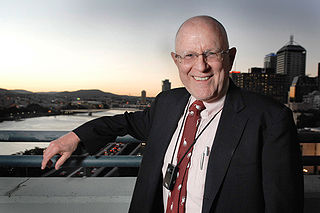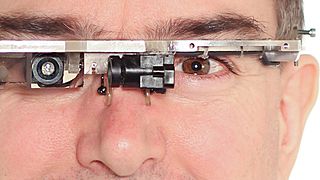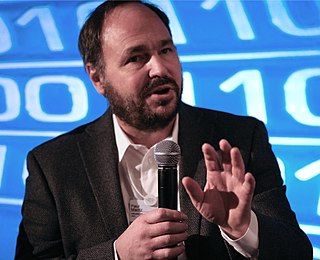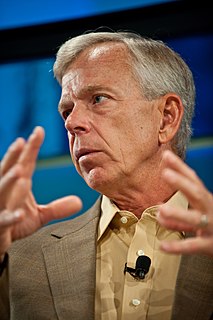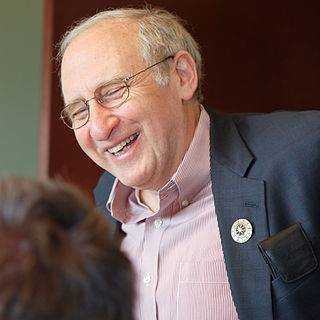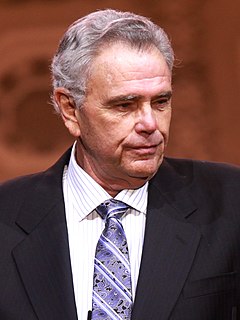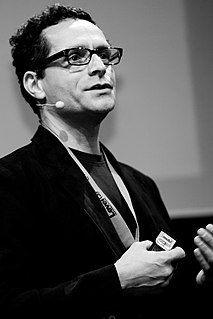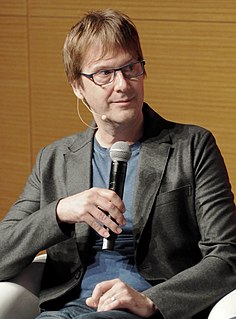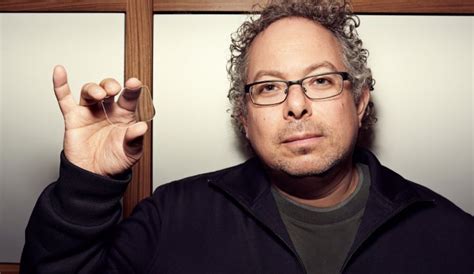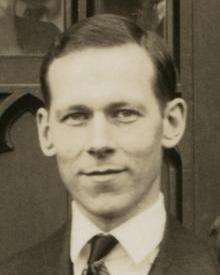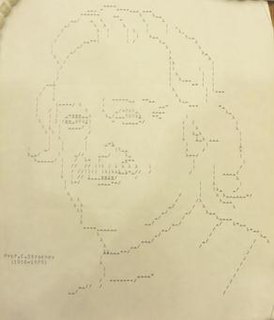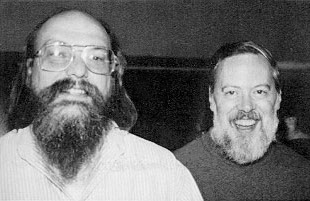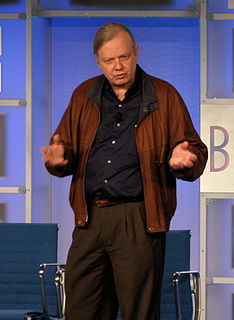Top 257 Computing Quotes & Sayings
Explore popular Computing quotes.
Last updated on April 14, 2025.
One reason you should not use web applications to do your computing is that you lose control. It's just as bad as using a proprietary program. Do your own computing on your own computer with your copy of a freedom-respecting program. If you use a proprietary program or somebody else's web server, you're defenceless.
If you look through the history of wearables, I was named the father of wearable computing, or the world's first cyborg. But the definition of wearable computing can be kind of fuzzy itself. Thousands of years ago, in China, people would wear an abacus around their neck - that, in one sense, was a wearable computer.
Cloud computing means you are doing your computing on somebody else's computer. Looking ahead a little, I firmly believe cloud - previously called grid computing - will become very widespread. It's much cheaper than buying your own computing infrastructure, or maybe you don't have the power to do what you want on your own computer.
Cloud computing is actually a spectrum of things complementing one another and building on a foundation of sharing. Inherent dualities in the cloud computing phenomenon are spawning divergent strategies for cloud computing success. The public cloud, hybrid clouds, and private clouds now dot the landscape of IT based solutions. Because of that, the basic issues have moved from 'what is cloud' to 'how will cloud projects evolve'.
Computers and computing are all around us. Some computing is highly visible, like your laptop. But this is only part of a computing iceberg. A lot more lies hidden below the surface. We don't see and usually don't think about the computers inside appliances, cars, airplanes, cameras, smartphones, GPS navigators and games.
Internally, we're focused on building our own technology, leveraging all the momentum that's out there around wearable computing and mobile computing and PC computing. But at the end of the day, all the code we've written and all the invention we've created has been focused on our own tech and our own products.
India for sure is a mobile-first country. But I don't think it will be a mobile-only country for all time. An emerging market will have more computing in their lives, not less computing, as there is more GDP and there is more need. As they grow, they will also want computers that grow from their phone.
Computer literacy is a contact with the activity of computing deep enough to
make the computational equivalent of reading and writing fluent and enjoyable.
As in all the arts, a romance with the material must be well under way. If
we value the lifelong learning of arts and letters as a springboard for
personal and societal growth, should any less effort be spent to make computing
a part of our lives?
I would like to emphasize strongly my belief that the era of computing chemists, when hundreds if not thousands of chemists will go to the computing machine instead of the laboratory for increasingly many facets of chemical information, is already at hand. There is only one obstacle, namely that someone must pay for the computing time.
It has long been my personal view that the separation of practical and theoretical work is artificial and injurious. Much of the practical work done in computing, both in software and in hardware design, is unsound and clumsy because the people who do it have not any clear understanding of the fundamental design principles of their work. Most of the abstract mathematical and theoretical work is sterile because it has no point of contact with real computing.
Men are noisy, narrow-band devices, but their nervous systems have very many parallel and simultaneously active channels. Relative to men, computing machines are very fast and very accurate, but they are constrained to perform only one or a few elementary operations at a time. Men are flexible, capable of "programming themselves contingently" on the basis of newly received information. Computing machines are single-minded, constrained by their "pre-programming."
The power efficiency of computing has improved by a factor of a billion from the ENIAC computer of the 1950s to today's handheld devices. Fundamental physics indicates that it should be possible to compute even another billion times more efficiently. That would put the power of all of today's present computers in the palm of your hand. That says to me that the age of computing really hasn't even begun yet.
If you look back over the history of computing, it started as mainframes or terminals. As PCs or work stations became prevalent, computing moved to the edge, and we had applications that took advantage of edge computing and the CPU and processing power at the edge. Cloud computing brought things back to the center.
The accumulated knowledge of materials, computing, electromagnetism, product design, and all the rest that we've learned over the last several centuries converts a few ounces of raw materials worth mere pennies into a device with more computing power than the entire planet possessed fifty years ago.
